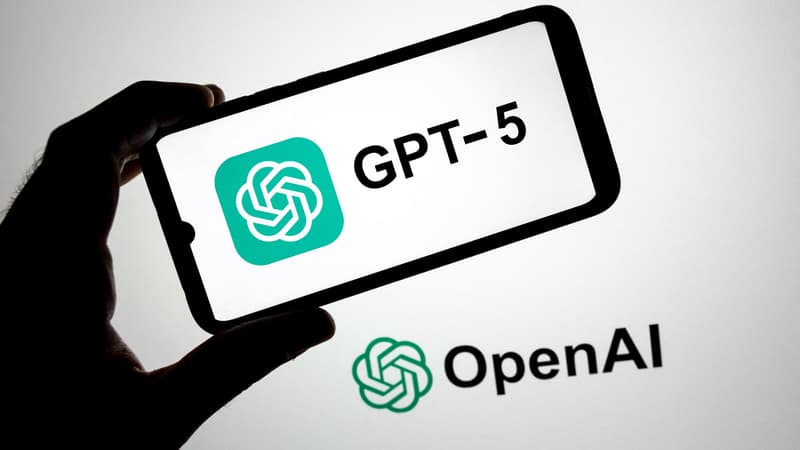A major communication error for OpenAI. It all started on October 17, with a message published by the startup’s product director, Kevin Weil, the
The Erdős problems are a set of famous conjectures posed by the mathematician Paul Erdős, who died in 1996, that is, statements for which there is no evidence, but which are firmly believed to be true. All of them are grouped on a site, erdosproblems.com, managed by the mathematician Thomas Bloom. 412 of these problems out of 1,103 have been resolved.
Skill in research, but not in mathematics
Kevin Weil suggested in his message that GPT-5 had succeeded in demonstrating mathematics for complex problems. In addition to being a possible scientific breakthrough, this would also be a sign that generative artificial intelligence could discover hitherto unknown solutions.
But this message provoked criticism from several researchers, especially because Kevin Weil is not the only OpenAI employee who was delighted with the feat achieved by GPT-5.
“As the owner/maintainer of erdosproblems.com, this is a serious distortion of reality. GPT-5 found references that solved these problems, which I was personally unaware of. The ‘open’ status simply means that I am not personally aware of any articles that solve this problem,” Thomas Bloom responded to Kevin Weil.
As the mathematician explained, OpenAI’s latest AI model should be praised for its research capabilities, as it was able to find relevant academic articles. “GPT-5 has been a very useful tool in the literature search and has been a valuable addition to the website. Its literature search capability is already quite useful and impressive, there is no need to describe it as something it is not!” he noted.
A real race around mathematical progress
OpenAI has also come under fire from competitors for its claims. The CEO of Google Deepmind, for example, called this episode “shameful.” Yann Le Cun, Meta’s chief AI scientist, believes the startup was a victim of its own media hype.
I was reacting to a message from Sebastien Bubeck, who works at OpenAI and who, like others, acknowledged his mistake. “I deleted the post, obviously I didn’t want to mislead anyone. I thought the wording was clear, I’m sorry. Solutions were only found in literature, and that seems very motivating to me, because I know how difficult it is to research literature,” he admitted.
Beyond this incident, OpenAI’s claims are part of a real race around the mathematical progress of large language models (LLM). Last July, his boss, Sam Altman, was delighted to have won “a gold medal” at the International Mathematics Olympiad “with a general-purpose reasoning system.”
Because, yes, behind this race around mathematical problems lies a much greater challenge: that of achieving what we call artificial general intelligence, that is, an AI as intelligent as humans and capable of thinking like them. A goal that OpenAI, but also Google, Meta and other companies aspire to.
An obstacle to artificial general intelligence
But to achieve this, LLMs still have to advance in mathematics. This is what Yann Le Cun recalled during a conference on the “mathematical obstacles on the path to human-level AI” last January.
“The current state of machine learning is disastrous,” he said at this event, the New York Times reported last January, lamenting that companies seeking to develop general AI cannot even replicate what a cat can do. As a reminder, machine learning is a field of AI study that aims to give machines the ability to learn using data.
According to him, we should not rely on LLMs, but on a “large-scale global model” to improve AI. Such a system “can reason and plan because it has a mental model of the world that predicts the consequences of its actions,” he said in an interview after the conference. But there are obstacles along the way, some of which are mathematical problems whose solutions are not in sight.
Source: BFM TV


